Women with Disabilities Rights and Inclusive Services
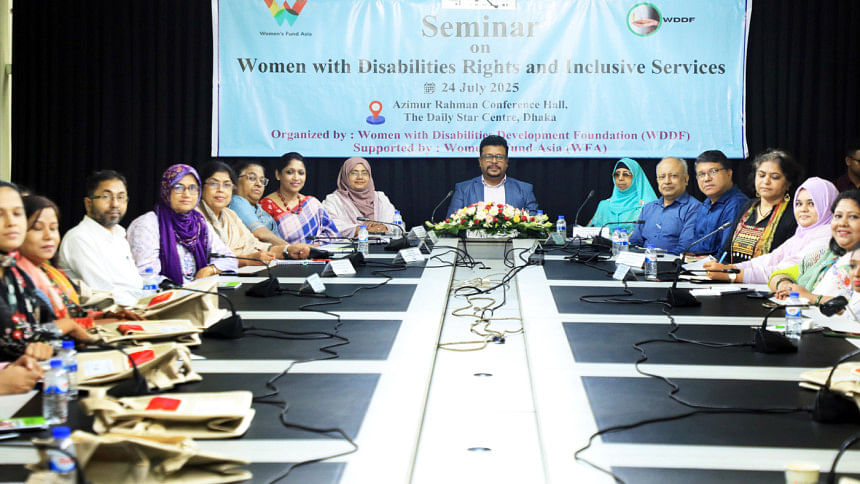
Women with Disabilities Development Foundation (WDDF) organised a seminar titled "Women with Disabilities Rights and Inclusive Services" on July 24, 2025. Here is a summary of the discussion.
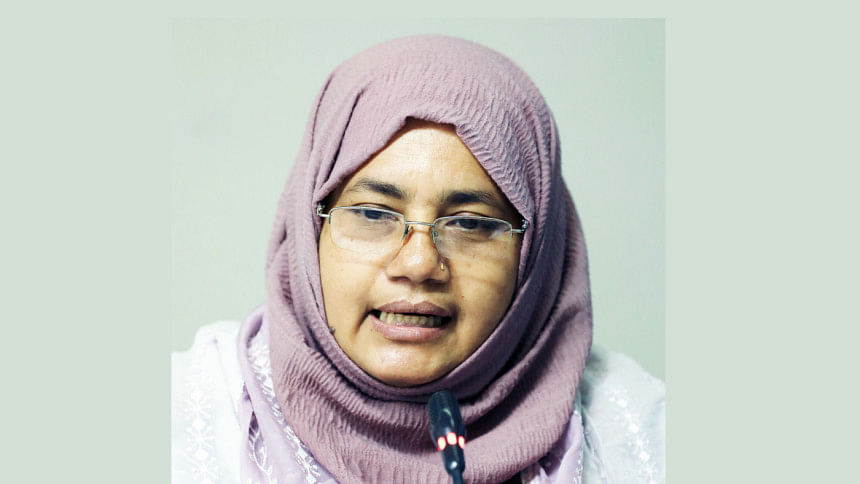
Ashrafun Nahar Misti
Executive Director, Women with Disabilities Development Foundation (WDDF)
We urgently need greater awareness around disability issues, especially as climate change and man-made disasters increase. Events like the July uprising and the Milestone plane crash have left many with permanent disability, facing immense physical and mental trauma. Rebuilding a normal and affordable life becomes extremely difficult for them. We must address discrimination against people with disabilities, particularly those requiring assistive devices and different care during daily life.
The Rights and Protection of Persons with Disabilities Act, 2013 must be reviewed and strengthened to ensure access to justice, protection from sexual violence, and targeted poverty reduction—especially for women with disabilities. These steps are essential to building an inclusive and just society for all.
The Department of Social Services needs to take further initiatives for the empowerment of persons with disabilities and to ensure a barrier-free environment -- especially accessible transport, housing, schools, and recreational facilities on an equal basis with others.
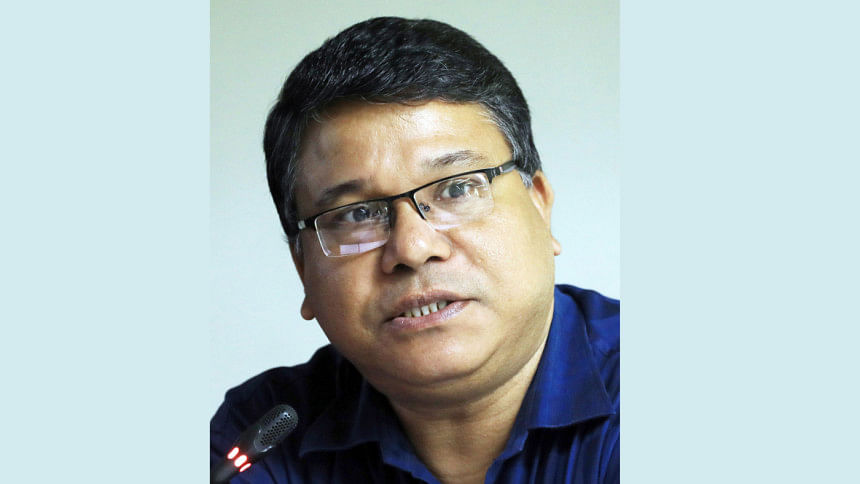
Albert Mollah Haque
Executive Director, Access Bangladesh Foundation (ABF) (Keynote Speaker)
Women with disabilities in Bangladesh face major barriers due to social prejudice, poor accessibility, limited awareness, weak law enforcement, and lack of coordination among service providers. They experience higher illiteracy, limited education, and very low participation in vocational training (0.13%) and formal employment (3.13%). Their overall labour force participation is just 11.34%, with 93% excluded from employment versus 59% of men (National Survey of Persons with Disabilities 2021).
To protect their rights, recommendations include law reforms, inclusive education, skills training, accessible healthcare, gender- and disability-sensitive budgeting, violence protection, awareness campaigns, political inclusion, improved accessibility, better coordination, and strong monitoring to ensure dignity and equality.
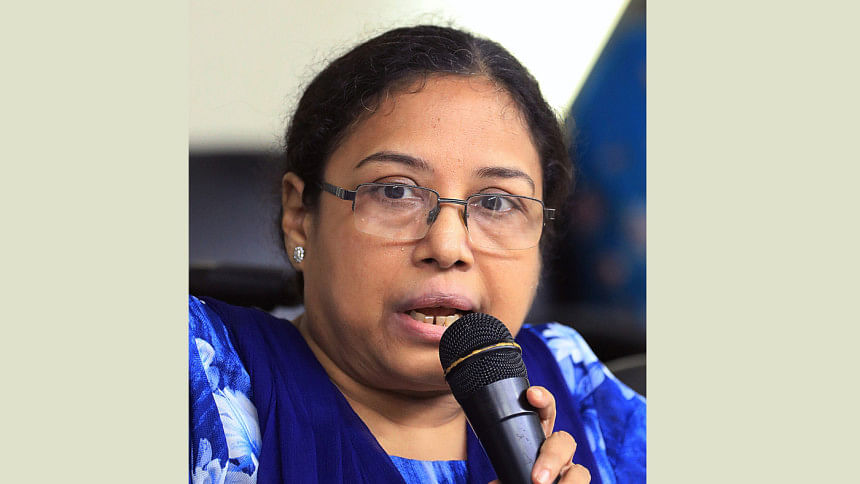
Salma Mahbub
Founder & General Secretary, Bangladesh Society for the Change and Advocacy Nexus (BSCAN)
It is crucial to meaningfully recognise the unique challenges faced by women with disabilities , who are often overlooked even within disability laws. Their needs—particularly regarding SRHR (Sexual & Reproductive Health & Rights), WASH, and accessibility—require focused attention.
A recent incident involving an acquaintance hospitalised during labour highlights this reality. As a wheelchair user, she lacked access to a high-commode toilet and had to return home after two days just to use one. Such cases reveal the severe hardships women with disabilities face due to structural negligence.
Despite their numbers, women with disabilities remain underrepresented in leadership and policymaking. Clause 39 under the National Women's Development Policy must be urgently implemented.
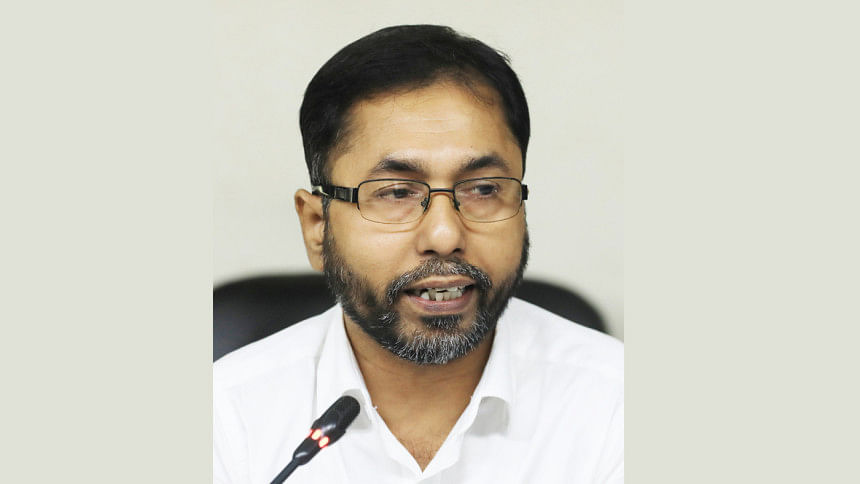
Rejaul Karim
Advocate, Supreme Court of Bangladesh
Persons with disabilities face significant barriers across legal, public, and private service delivery systems. Those with psychosocial or sensory disabilities (such as deafness or blindness), women with disabilities, and individuals with Down syndrome experience the highest levels of exclusion, with near-zero participation.
Access to Technical and Vocational Education and Training (TVET) remains particularly limited for women with disabilities due to a lack of inclusivity. With persons with disabilities constituting 15% of the population, policies and action plans must address their needs. The wide spectrum of disabilities demands adaptability in services and education—because a one-size-fits-all approach is not only inadequate but deeply exclusionary.
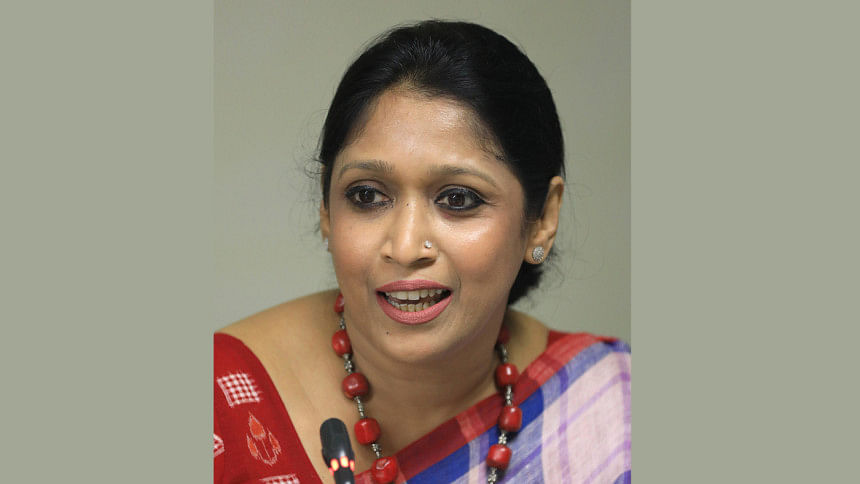
Dr. Tania Haque
Professor, Department of Women and Gender Studies, University of Dhaka
Disability and family responsibilities are deeply linked. Children with disabilities often face rejection at home, especially affecting mothers. A counseling system is needed to help parents support their children. Yet, family care is often overlooked, harming overall development. Bangladesh also lacks research-based, need-driven policy.
Women with disabilities are not a homogenous group—their needs vary by age, location, and context. Education systems must be rethought -- curriculum, teacher training, and inclusive classrooms. Beyond transport and entertainment, legal support remains inaccessible. A market-driven assessment is also essential to identify suitable employment for women with disabilities , using rational and scientific methods.
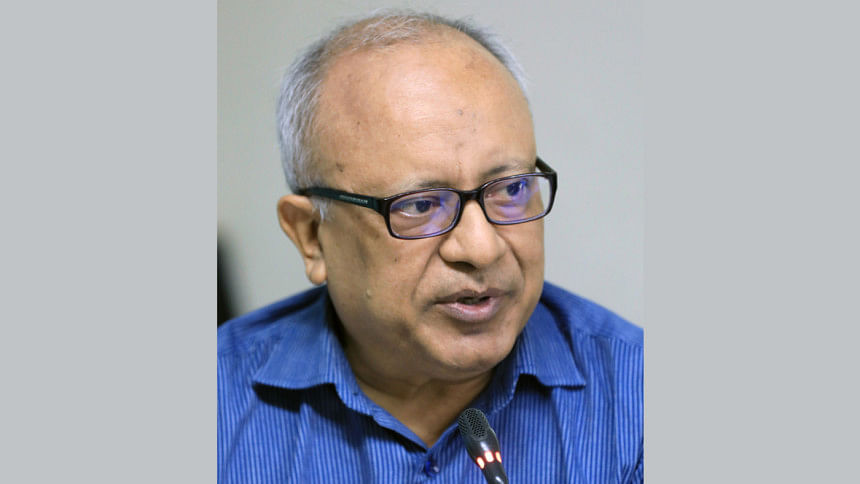
Ghulam Faruq Hamim
Bangladesh Program Team Lead, ADD International Bangladesh
Despite recognising twelve types of disabilities, accurate diagnosis and classification remain weak due to a lack of proper training for doctors, especially for conditions like Down syndrome, deafness, or speech impairments. Misdiagnosis and underreporting persist, further marginalising the community.
Though people with disabilities are occasionally consulted in national planning, their input is rarely reflected, revealing tokenism. Mental health and disability need stronger policy focus. Despite some NGO-led progress in workplace inclusion, government commitment is still lacking. As one person with disability said, he often feels invisible in society--a feeling that must be acknowledged if we are to ensure true inclusion.
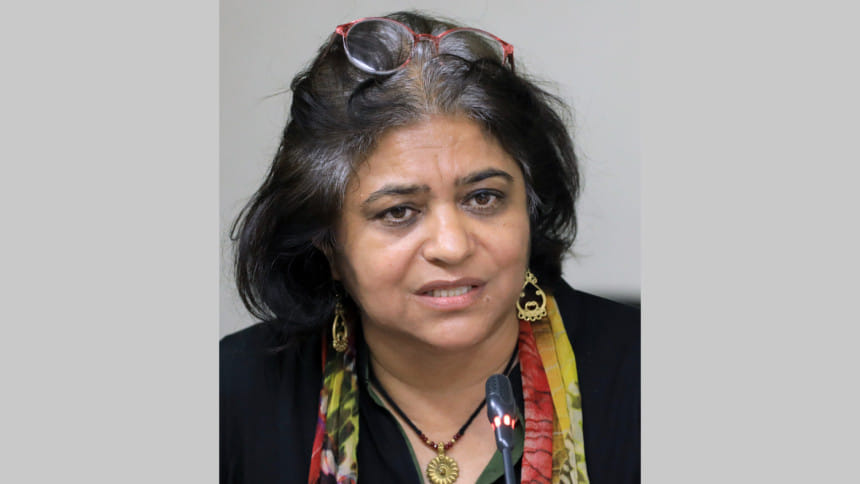
Barrister Sara Hossain
Executive Director, Bangladesh Legal Aid and Services Trust (BLAST)
Demands by the community of people with disabilities are often viewed as pleas for charity, not justice. This mindset must shift—special accommodations are basic rights. Infrastructure remains inaccessible, even in courts, and data on women with disabilities seeking justice is nonexistent. Misunderstandings, like confusing autism with mental illness, persist in the judiciary, with serious consequences.
No dedicated committees exist in key public institutions. Local bodies and private sectors like BGMEA and chambers of commerce must take responsibility as well. Real change needs inter-ministerial action. Following the July uprising, many became newly disabled, highlighting the urgent need for a rights-based, inclusive, and accountable system across sectors.
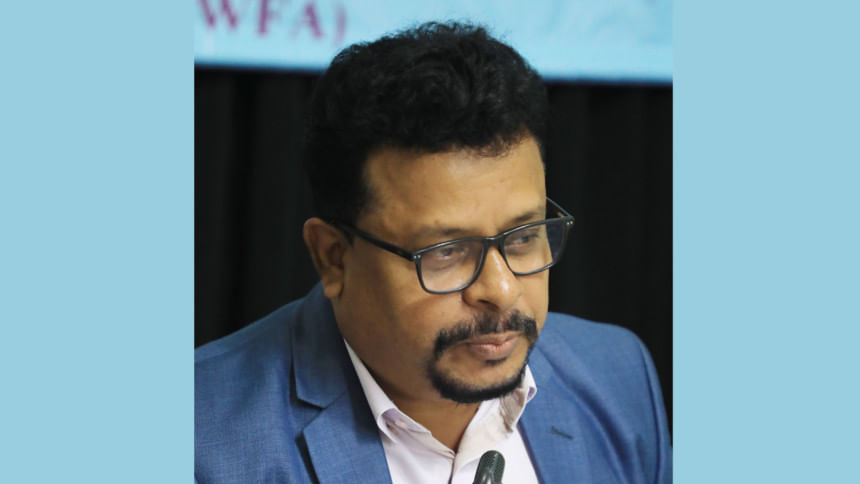
Md. Saidur Rahman Khan
Director General, Department of Social Services
The Department of Social Services is committed to improving the lives of persons with disabilities. With a BDT 12,500 crore budget last year, we served 2 crore citizens. Acknowledging misuse and exclusion in stipend distribution, we are updating beneficiary lists via a transparent G2P (Government-to-Person) system with committee verification. Our interest-free microcredit program aids rehabilitation for persons with disabilities. Despite running special educational and care institutions, we face resource and staffing shortages—workload has increased 67 times since independence, while staff has halved. Fair recruitment is underway. Coordination between policymakers and implementers is crucial.
Currently, 3.6 million persons with disabilities are registered; 3.4 million receive stipends, and 100,000 get scholarships. We aim to extend support to all and develop an inclusive roadmap for education, health, and leadership for persons with disabilities.
Recommendations
- Revise the Rights and Protection of Persons with Disabilities Act, 2013 to address the specific needs of women with disabilities.
- Accurately count women with disabilities to guide effective planning.
- Expand inclusive, ICT-based, and job-oriented vocational training.
- Ensure disability-friendly infrastructure in services and transport.
- Collect and publish gender- and disability-disaggregated data.
- Reserve two parliamentary seats for women with disabilities and ensure inclusive electoral processes.
- Strengthen monitoring of inclusive services in education, employment, and health.

 For all latest news, follow The Daily Star's Google News channel.
For all latest news, follow The Daily Star's Google News channel. 


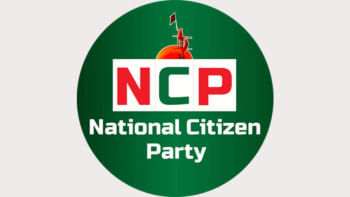
Comments